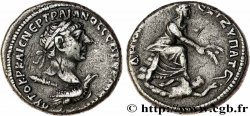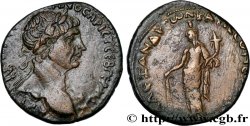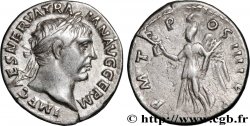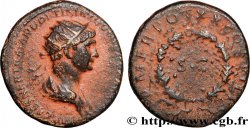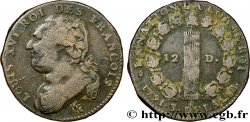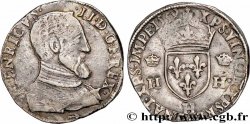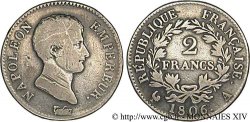bpv_761877 - TRAJANUS Unité
40.00 €(Approx. 46.80$ | 34.40£)
Quantity
Add to your cart

Type : Unité
Date: an 240
Mint name / Town : Tyr, Phénicie
Metal : copper
Diameter : 13 mm
Orientation dies : 12 h.
Weight : 1,49 g.
Rarity : R1
Coments on the condition:
Exemplaire sur un petit flan à l’usure importante, lisible et identifiable. Patine marron superficielle
Catalogue references :
Obverse
Obverse legend : ANÉPIGRAPHE.
Obverse description : Tête tourelée et voilée de Tyché à droite; derrière une palme.
Reverse
Reverse legend : MONOGRAMME DE TYR.
Reverse description : Astarté tourelée et drapée debout à gauche sur une galère, tenant une couronne de la main droite tendue et un sceptre cruciforme transversal de la main gauche.
Reverse legend : (TUR)/ AMS
Reverse translation : (Tyr/ an 240).
Commentary
Monnayage provincial autonome. Ce bronze a été frappé en 115-116 sous le règne de Trajan. La date est à la fois en lettres phénciennes et grecques.
Autonomous provincial coinage. This bronze was struck in 115-116 during the reign of Trajan. The date is in both Phoencian and Greek letters
Autonomous provincial coinage. This bronze was struck in 115-116 during the reign of Trajan. The date is in both Phoencian and Greek letters







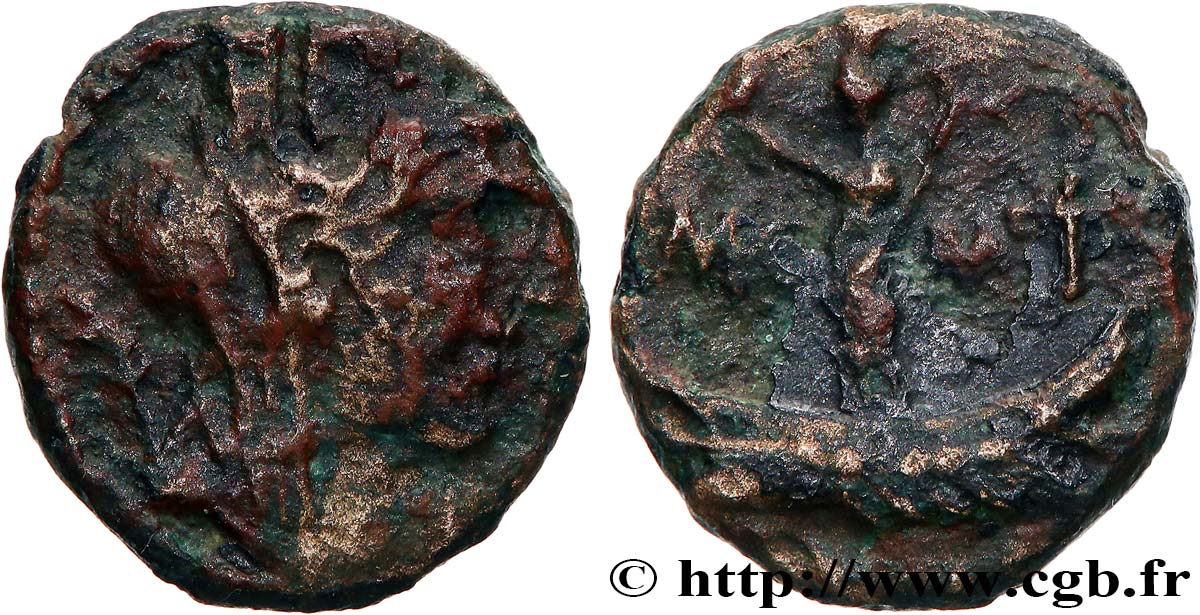
 Report a mistake
Report a mistake Print the page
Print the page Share my selection
Share my selection Ask a question
Ask a question Consign / sell
Consign / sell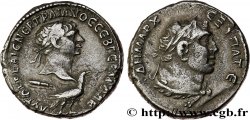
 Full data
Full data